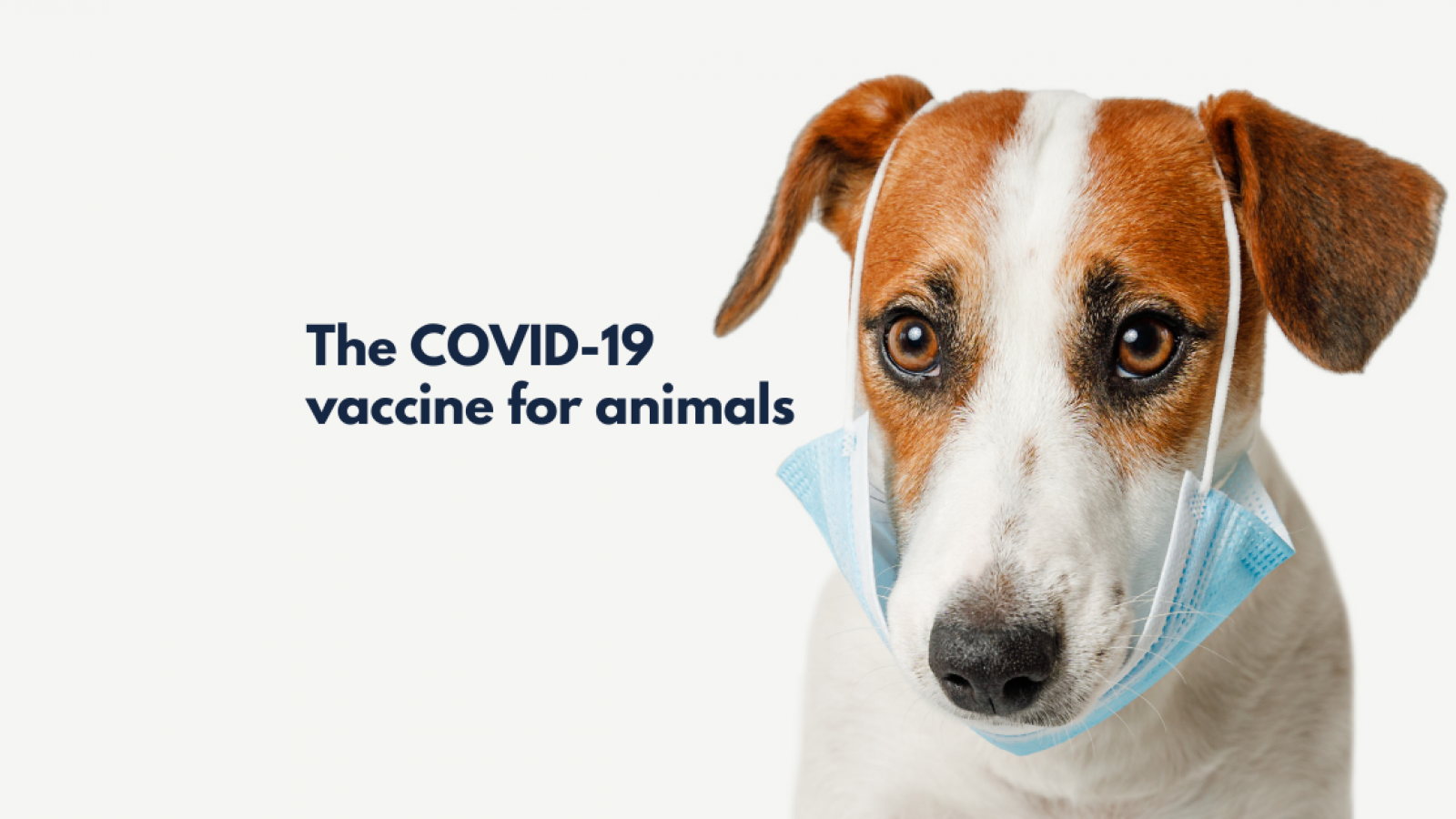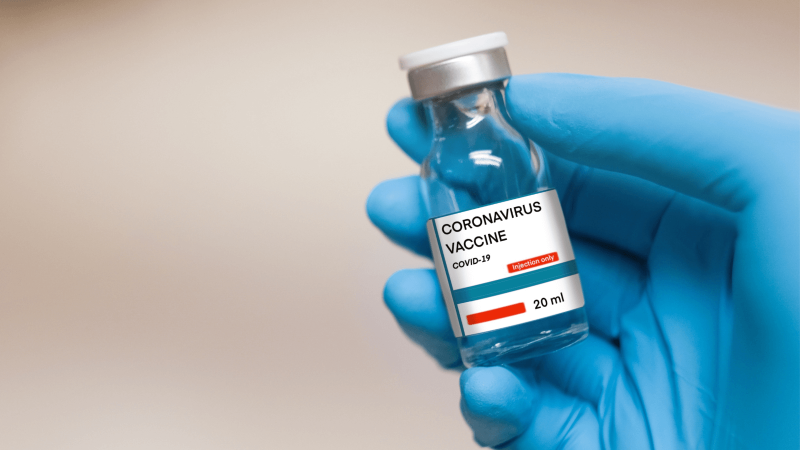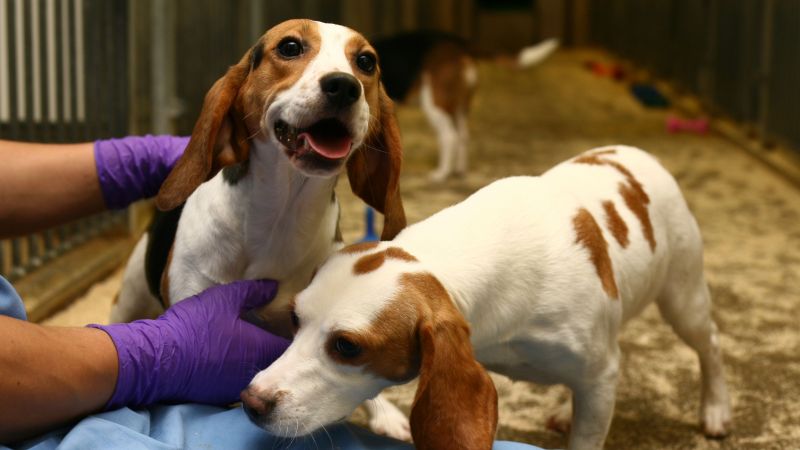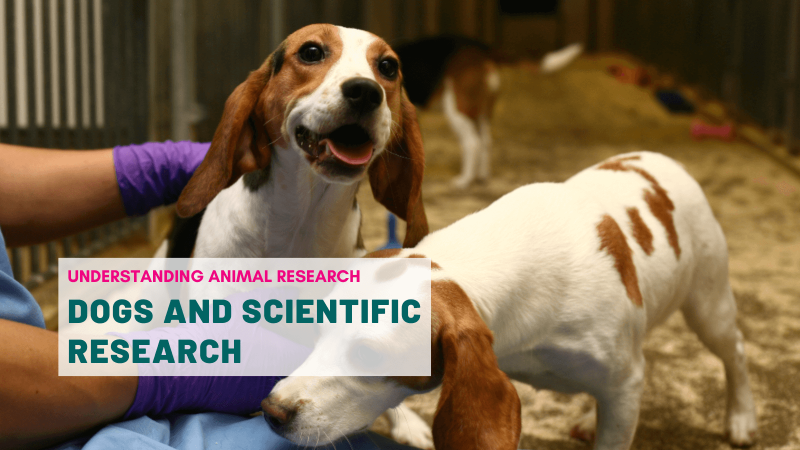Starting this month, Russia has announced the mass production of Carnivac-Cov, the first vaccine against SARS-CoV-2 specifically designed for animals. Veterinary trials have concluded that the vaccine is safe and effective to use in cats, dogs, red and arctic foxes, mink and other carnivorous animals. After being vaccinated, 100% of the animals developed antibodies against the new coronavirus that is causing the pandemic in human populations.
Vaccines for animals are potentially needed to protect animals raised for their fur and to prevent pets passing on virus to humans.
The need to vaccinate the global pet populations is still being debated however. At present the CDC maintains that there is no evidence that animals play a significant role in SARS-CoV-2 epidemiology in humans. Based on the available information to date, the risk of animals spreading COVID-19 to people is considered to be low. Domestic animals don’t seem to have any impact on the maintenance and spread of the coronavirus SARS-CoV-2 in human populations. The role of vaccination campaigns for pets or animals in close contact with humans in containing the current pandemic therefore remains quite uncertain.
For now, only a small number of pets worldwide, including cats and dogs, have been reported to be infected with the virus that causes COVID-19, mostly after close contact with people with COVID-19. But the numbers might be underestimated as most pets don’t get sick despite being infected by the virus. The Covidac study conducted by the veterinary school VetAgro Sup in France showed that 20% of animals living in a household with at least one positive COVID-19 patient also tested positive for SARS-CoV-2. This means that animals living with infected owners are eight times more likely to be infected by the virus and suggests a much greater viral circulation in animals than expected.
According to scientists that published a column in the scientific journal Virulence, “it is not unthinkable that vaccination of certain domesticated animal species becomes necessary to slow down the spread of the virus. It could even become a major public health issue in the long term.”
However, there is still no consensus. A group of Russian veterinary clinics, known as the Belyï Klyk network, has down played the vaccine’s current usefulness. “As of yet, there’s no reason to vaccinate cats and dogs," according to a statement by the network. “They are not proven carriers of SARS-CoV-2.” This opinion is shared by the Russian Association of Fur Breeders. Although some of their animals took part of the vaccine trials, and are faring well, they believe that there is no reason to vaccinate all two million of their mink as there have been no COVID-19 cases reported as of yet.
So for the moment animal vaccination against COVID-19 remains a precaution, to reduce shared risks, more than an urgent need. But the balance could shift in the future. In the meantime, Russia is planning to roll out the vaccine in April and is already planning to make it mandatory for all animals deployed in airports and that take part in military parades. Several fur farms in Europe have also shown some interest in the vaccine as they are keen to avoid repeating the culling events that occurred last November in Denmark after mink were suspected of carrying and transmitting a COVID-19 variant potentially problematic for humans. Having a vaccine at hand at the time could have saved millions of animal lives.
Last edited: 27 October 2022 18:34




